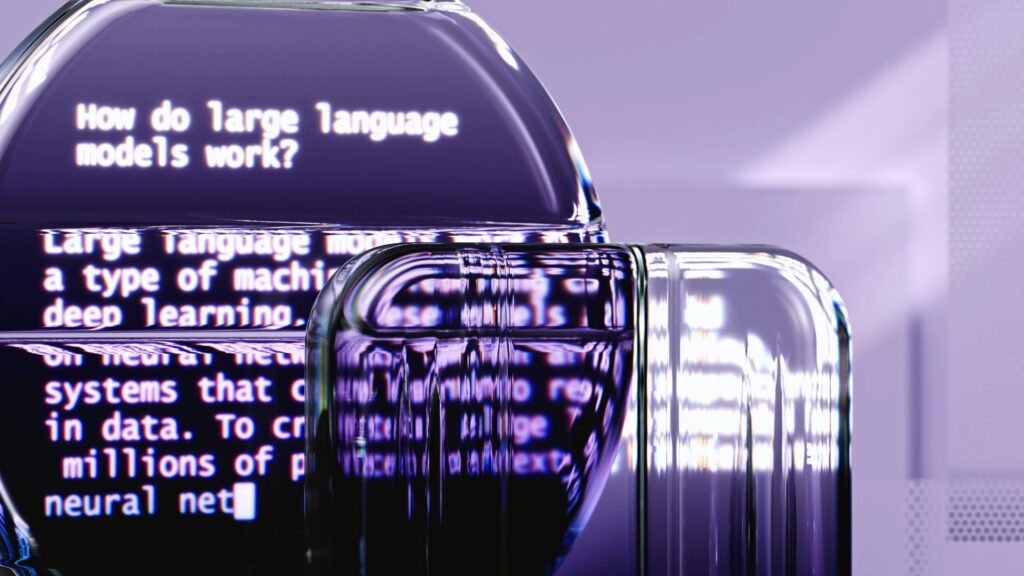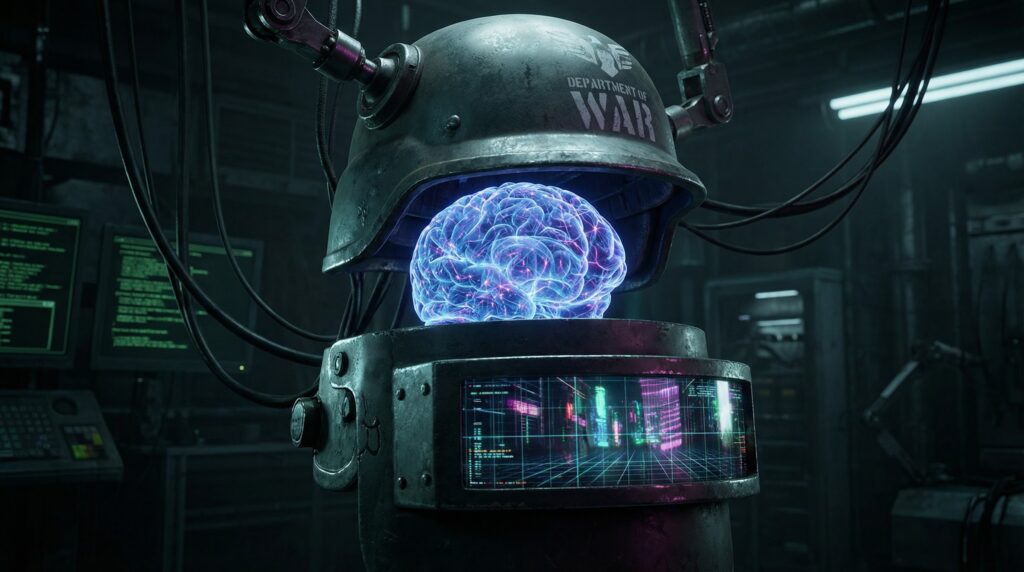When companies say “AI,” they are often using it as a catch-all term for a broad selection of technologies from machine learning and predictive analytics to natural language processing, object recognition and more. It’s a bit like that family member who calls any tablet an ‘iPad’, regardless of the actual device they’re referring to. To the user, the capability of the device or solution is more important than the technology under the hood.
But the generic use of the term “AI” has left many IT and business professionals confused about what technology they actually need to procure in order to achieve a desired outcome. Most have explored technologies they think hold the promise of “AI,” and, in many cases, have been disappointed in pilots or even full use cases conducted in 2018.
It’s time for businesses to look at the wide range of solutions that are more precisely termed “Augmented Intelligence.” Redefining “AI” as augmented intelligence can help focus purchases and deployments, and return measurable value.
Here are three key learnings I believe companies will realize when implementing augmented intelligence in 2019.
Getting value from AI requires a reality check
In recent years, organizations have been racing to implement AI into their business functions. As vendors have touted the possibilities, expectations were often extremely high for what this technology could achieve despite its infancy. After early exploration and investments with limited ROI to show, the hype and myths that surround AI are evaporating.
This is best seen in the use of chatbots. Although AI has developed exponentially in recent years, it isn’t ready to heavily augment the roles of service representatives. Limiting access to these professionals who are trained to address emotional or urgent issues, and answer unique questions from customers runs the risk of leaving the company’s most important stakeholders unsatisfied. Researchers have even found that up to 82 percent of people have ceased relations with a company because of a poor customer service experience. 2019 will see businesses give themselves a reality check on AI and set more realistic and meaningful expectations for their return on investment.
While chatbots have become increasingly prevalent in customer service and internal processes, predictive analytics and machine learning, among other technologies, have also come to fall under the AI umbrella. As this definition expands, and artificial intelligence becomes more closely aligned with augmented intelligence, 2019 will see businesses uncover and implement more AI use cases that bring tangible, measurable value to their organizations.
AI will not create mass joblessness
While job loss from automation and AI is still mentioned daily in the news, we have not yet seen the dramatic onslaught of unemployment that has been supposedly imminent for years now. This will not change in 2019. In fact, the World Economic Forum (WEF) found that artificial intelligence will actually create 58 million more jobs than it displaces by 2022.
Businesses will reinvest in their human staff to continue deriving value from them. In practice this will mean less mundane and manual work for employees, replaced with more creative and people-oriented activities. Augmented intelligence tools will essentially free up staff to do more value-added work and take on new skills and expanded roles.
This trend towards upskilling workers will also help cultivate more candidates to feed the STEM skills gap that plagues so many organizations as they fight the ongoing war for technical talent.
At the same time, it is important to note that some industries are not impervious to technological innovation. Efforts to maintain and grow industries that are no longer modern like assembly line manufacturing will continue to prove unsustainable. This is not only because of tech like automation, but directly correlates with a shifting economic landscape globally.
As the fourth industrial revolution inevitably unfolds, the trend towards upskilling will extend into the blue-collar workforce in 2019. Companies like Blue Apron have already began this initiative—
sending line workers that make $30,000 a year to a coding academy, after which they become software engineers, earning $90,000 a year.
Size and tech won’t matter; data will
Despite some clever promotional tactics, organizations will slowly begin to realize that the value of AI lies in the data organizations hold, as opposed to the technology itself. Every business, from multi-national corporations to public sector organizations serving citizens, will see this year’s success come down to how they choose to exploit the information they hold.
In 2019, rather than seeing organizations of a certain size moving towards the adoption of artificial intelligence, we will see businesses of a certain structure successfully doing so. Those that operate with a smaller, more agile mindset will continue to make investments into different areas of technology, rather than trying to tackle the change with a ‘big bang’ approach, introducing AI in every function possible.
A few years ago, robotics was something organizations just ‘had’ to do, without knowing how or why. More recently, AI has fallen into a similar space. There is a perception that businesses will be seen as inadequate and fall behind competition if they do not engage with the AI uproar. However, there is very little evidence to support the notion that these technologies are going to revolutionize business. 2019 will see organizations start to view AI with measured skepticism, evaluating each new use case on its merits. These are the companies that will be taking a step in the right direction, and see the ROI to support their efforts.
- A Realistic Look at Where AI is Going in 2019 - February 10, 2019




In 2019 neural network and AI will surely take place. Despite these two concepts having had appeared more than a couple of years ago, the platforms considered to be smart enough to solve complex tasks without making critical mistakes are only being prepared for a public launch. A project worth special attention is the Danish Uizard Technologies startup that was demonstrated to the public in May 2017. According to its founders, an application is capable of autonomously writing code based only on the screenshots of a readymade interface. Who knows, 2019 may as well bring a similar solution that will leave most frontend experts without a job. However, artificial intelligence has already achieved the level of competency enough for it to be used in scientific studies. We assume that a new year will bring us at least a dozen AI-based startups oriented at medicine & healthcare, physics, chemistry, and other substantial sciences and industries.
One such advancement is Artificial Intelligence (AI). Even though it sometimes gets a bad rap, especially from those pesky Alexa stories, it is becoming genuinely helpful in myriad ways, including the somewhat unforseen ability to predict natural disasters